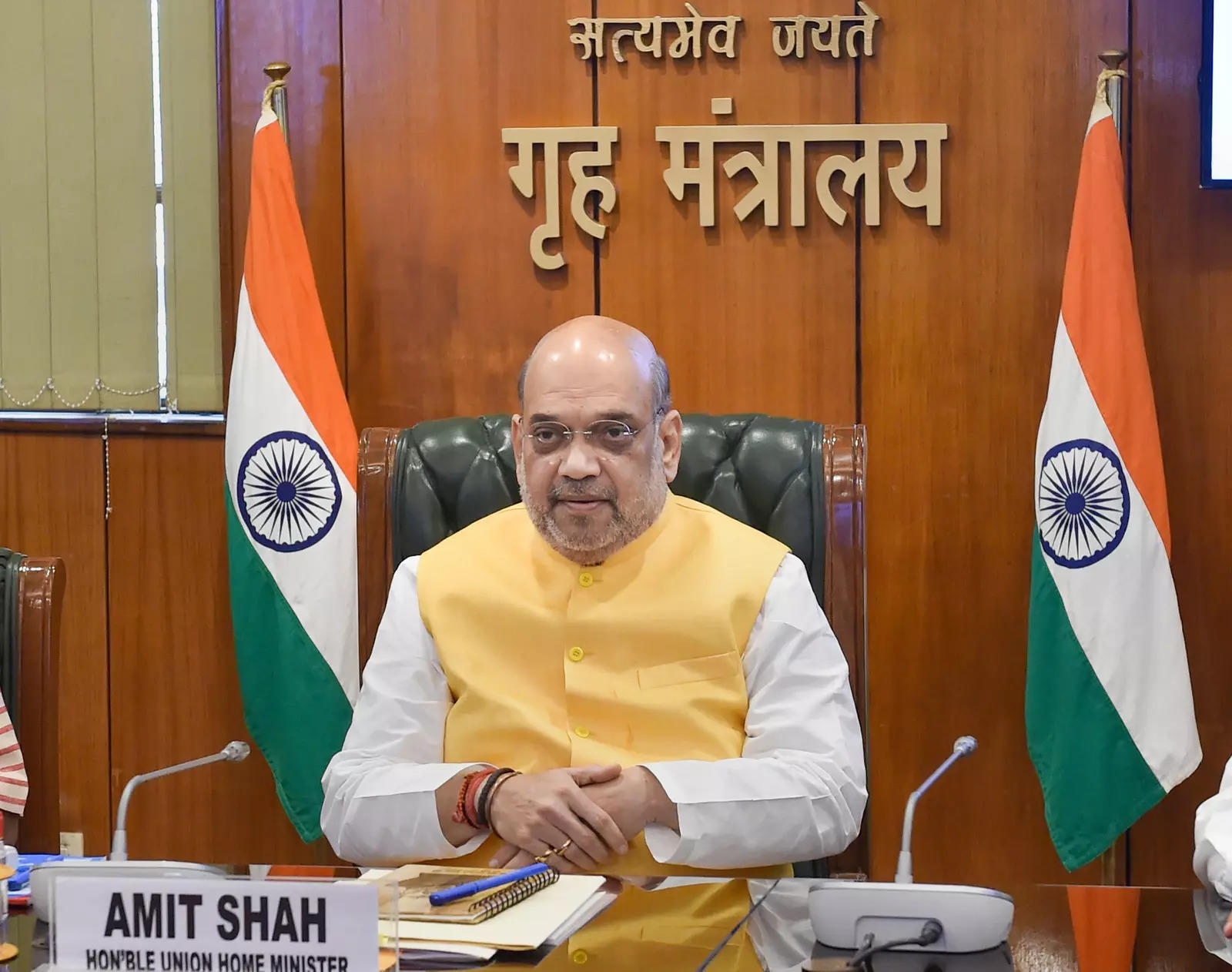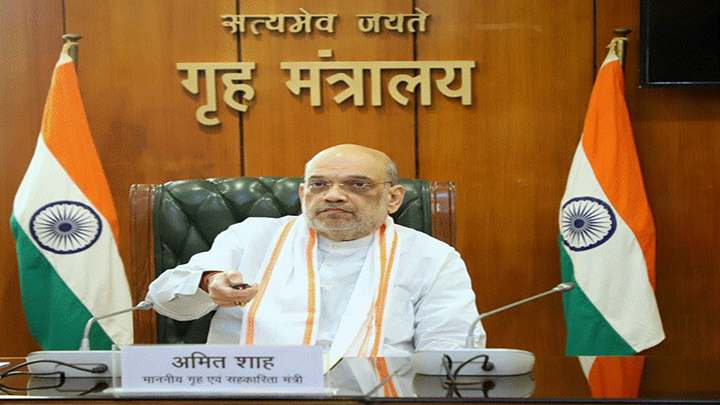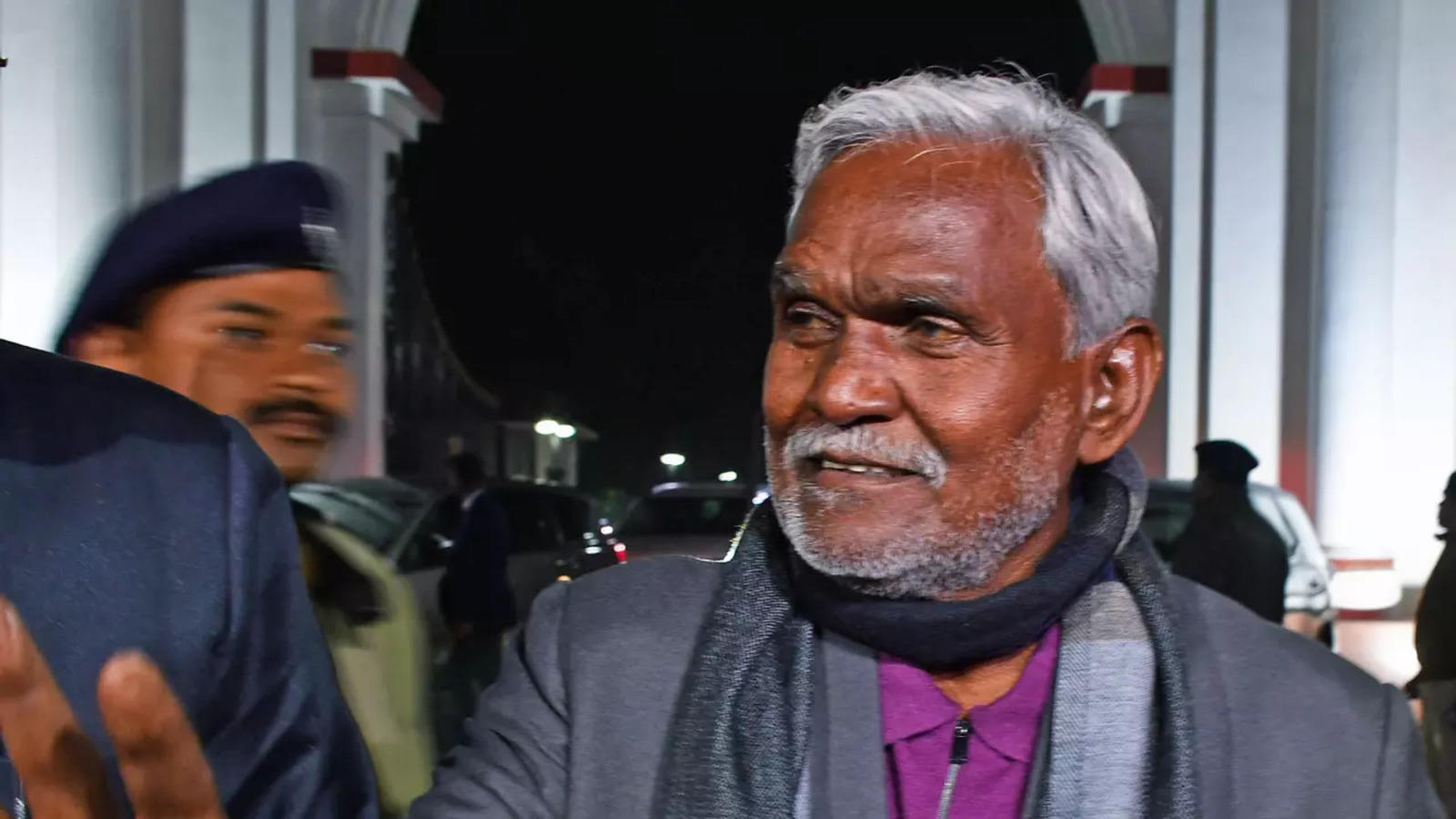In a significant boost to India’s fight against terrorism and organized crime, Union Home Minister Amit Shah virtually launched a unique digital platform: the National Investigation Agency’s (NIA) Criminal Case Management System (CCMS). This initiative coincides with the inauguration of two new NIA branch offices (Jammu and Kochi) and a residential complex for personnel in Raipur.
 The newly developed CCMS is a user-friendly, web-based software designed to revolutionize the way the NIA handles terrorism and organized crime cases. It goes beyond simply facilitating communication; CCMS is a comprehensive case management system that promotes efficient investigation, data analysis, and collaboration – all crucial for a swifter justice system.
The newly developed CCMS is a user-friendly, web-based software designed to revolutionize the way the NIA handles terrorism and organized crime cases. It goes beyond simply facilitating communication; CCMS is a comprehensive case management system that promotes efficient investigation, data analysis, and collaboration – all crucial for a swifter justice system.
- Enhanced Data Management: CCMS provides a centralized platform for NIA and state police forces to organize, integrate, and digitize case-related data. This includes documents, evidence (such as forensic reports and call detail records), and chargesheets. Efficient data management fosters better case preparation, avoids duplication of efforts, and ensures critical information is readily accessible to investigators.
- Standardization and Efficiency: CCMS enforces standardized investigation procedures across the NIA and collaborating state agencies. This not only streamlines case handling but also ensures a consistent level of quality throughout the investigation process. By eliminating ambiguity and redundancies, CCMS has the potential to significantly reduce investigation timelines.
- Improved Collaboration and Intelligence Sharing: The platform fosters stronger collaboration between NIA and state agencies, including Anti-Terrorist Squads (ATS). This allows for real-time information sharing, coordinated efforts across jurisdictions, and the pooling of investigative expertise. Additionally, CCMS can facilitate the creation of a national terror database, enabling investigators to identify patterns, connections, and emerging threats more effectively.
Home Minister Shah urged state police chiefs to adopt this “new-age software” for faster and more effective investigations. He highlighted its potential to improve conviction rates in complex and sensitive cases, particularly those involving terrorism and transnational organized crime.
Complementing the focus on investigative efficiency, the National Crime Records Bureau (NCRB) launched the “Sankalan” mobile app. This comprehensive guide serves as a bridge between old and new criminal laws in India, offering a clear comparison of legal provisions. The app is designed for offline use as well, ensuring accessibility in remote areas. Stakeholders across the legal system, including law enforcement officers, prosecutors, and even legal aid providers, can benefit from this valuable resource. Sankalan empowers them to navigate the complexities of the recently enacted criminal codes, ensuring the effective application of the law.
The inauguration of new branch offices in Jammu and Kochi, along with a residential complex in Raipur, bolsters NIA’s physical infrastructure. These permanent facilities provide a secure and well-equipped environment for NIA personnel. The new offices will extend NIA’s reach and presence in these strategic locations, enabling them to more effectively combat terrorism and left-wing extremism. Additionally, the residential complex in Raipur offers a safe and comfortable living space for NIA personnel deployed in the region. This fosters better work-life balance and ultimately contributes to improved morale and operational efficiency.
The launch of the CCMS, Sankalan app, and new NIA facilities signifies a multi-pronged approach to strengthening India’s national security. By adopting advanced technology, enhancing legal knowledge, and improving infrastructure, the government aims to empower law enforcement agencies at both the central and state levels. This coordinated effort equips them to investigate crimes more efficiently, prosecute offenders more effectively, and ultimately, safeguard the nation from evolving threats.




